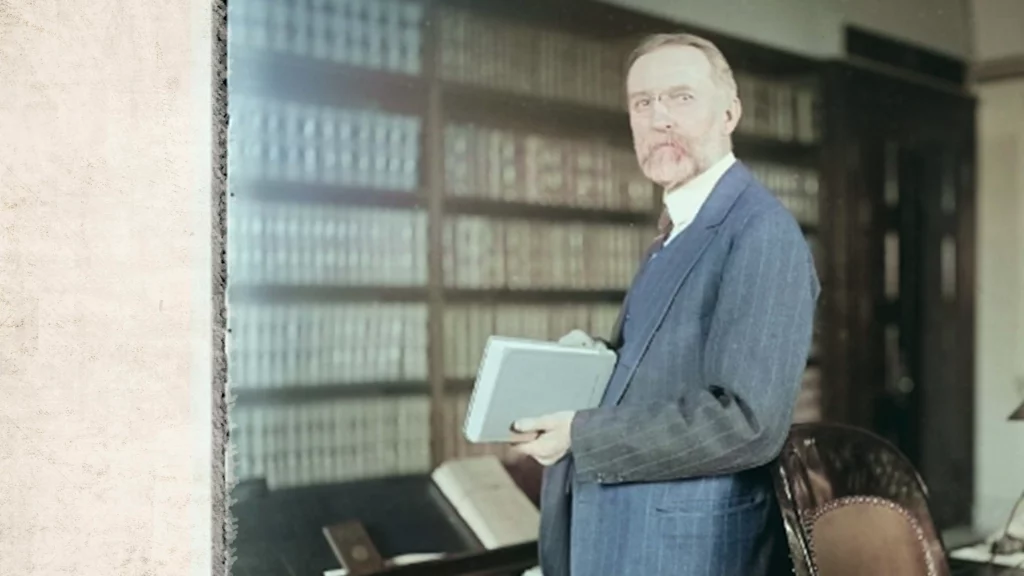

Insights & Takeaways is Sutherland Institute’s official blog that informs the public and policymakers alike. The blog addresses important issues through the two distinct yet complementary lenses of the seasoned policy professional and the engaged citizen.
 Insights: analysis, research, and informed commentary from Sutherland experts. For elected officials and public policy professionals.
Insights: analysis, research, and informed commentary from Sutherland experts. For elected officials and public policy professionals.
 Takeaways: the most important things voters need to know. For civically engaged citizens.
Takeaways: the most important things voters need to know. For civically engaged citizens.
How family impacts education – and why we should track it
Much of the national or state data surrounding outcomes and performance in education is commonly searchable by factors like gender, race or income. Why not family structure data?
Policymakers need to find Goldilocks level of involvement for family institution
Government should place the family institution on the same level of importance as government, business and education institutions.
What divorce taught me about family process
A relative and I had different family experiences while growing up, even though both of our formative family structures eventually dissolved. Our respective life outcomes were vastly different.
Supreme Court hears oral arguments on religious accommodations
The standard sought in this case is the same as the current rule for employers asked to accommodate pregnant or disabled employees.
Why education choice matters for liberty
Education choice releases the pressure of fighting over what schools should teach and allows people to find an education that fits their needs and values.
1983 floods showed powerful force of religion, community
As Pastor Corey Hodges has noted, faith helps promote community. In 1983, local churches helped with massive relief efforts to keep floodwaters under some control and to minimize damage.
What do Apple’s expansion into India and family outcomes have in common? Process
Family processes are the functions that organize the family, including communication, coping, problem-solving, planning, leadership and perspective-taking.
How to bring the success sequence to Utah students
Utah has been a leader in education, priding itself on its focus on parents’ rights in education and strong families generally. But there’s always room for improvement.
Why we need the success sequence in Utah schools
By keeping celebrations and traditions grounded in specific values, like religion and patriotism, we share and pass on those values to others. Sadly, a decreasing number of Americans today see the importance of those values. Here’s how the success sequence can help.
Education pluralism: The state of magnet schools
A magnet school exists within a public school district and has a specific theme – which could include STEM, performing arts, International Baccalaureate, or career and technical education.
Explainer: The debate over the Respect for Marriage Act
Are the protections of religious freedom in the bill “important” or “anemic,” and why?
Education pluralism: The state of home schooling
Home schooling grew among minorities and special-needs students during pandemic. Utah’s home-school community also increased substantially during COVID-19 era.
Agreement on marriage equality shows unifying power of religious freedom
Rarely do we recognize that religious freedom helped lay the foundation of many civil rights that all Americans enjoy.
What the midterm election tells us about vote by mail in Utah
There are several reasons for the contrast between Utah’s smooth process and the delays in tabulating the final results in Arizona and Nevada.
How spirituality helps LGBTQ youth
Recent research backs up pastor’s experience with homeless LGBTQ youth – a longing and need for spirituality.
Education pluralism: The state of private schools
Private schools likely saw an uptick in enrollment during the pandemic because they offered a genuinely different option to families who were worried about the effects of remote schooling.
America’s wall of separation
Most people believe there should be a hard line drawn between government and faith communities. At times, this idea can be taken too far, marginalizing people of faith and religious institutions.
Newly elected conservative policymakers can learn from George Sutherland’s political philosophy
In George Sutherland’s view, the Constitution established bright lines of federalism and was the most democratic instrument of American governance. Because of the clarity and power of his views, much of his thinking remains relevant today.

















